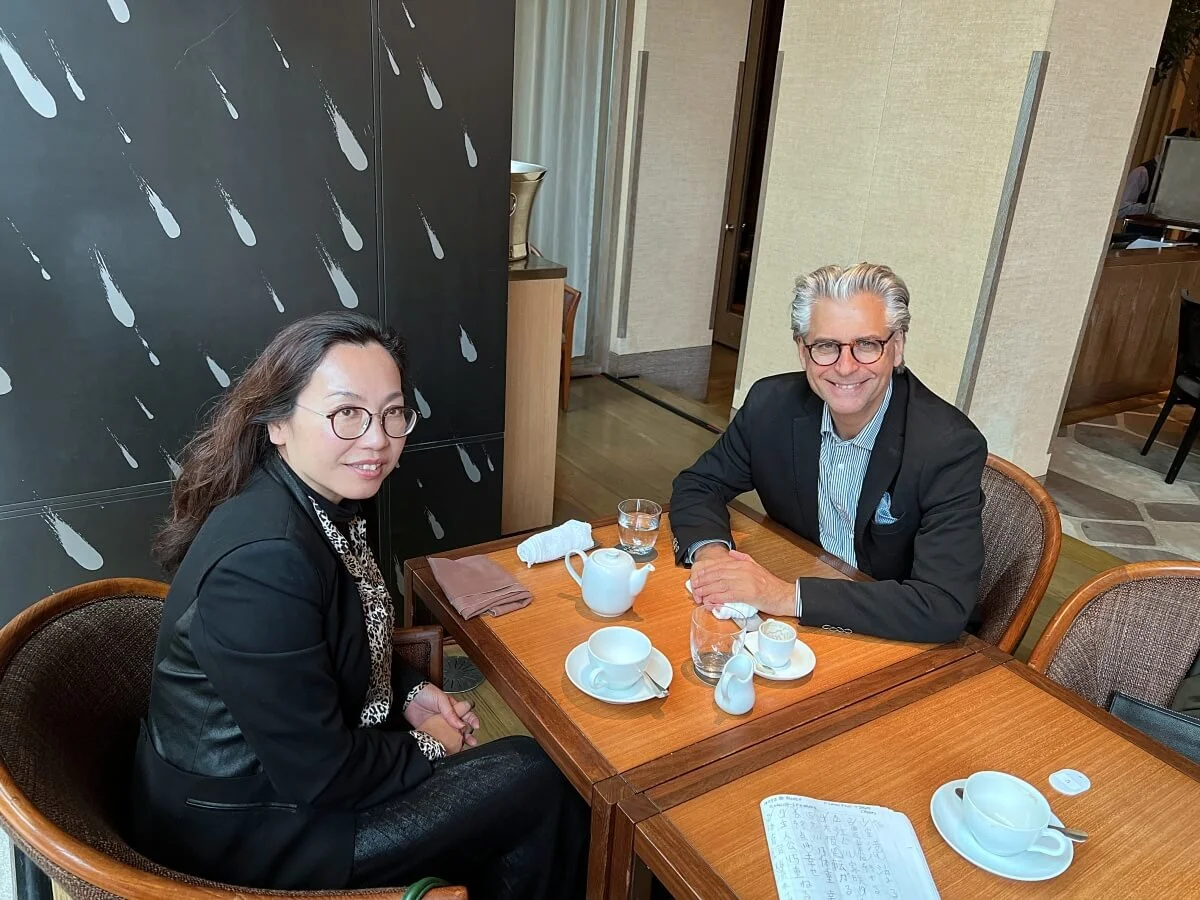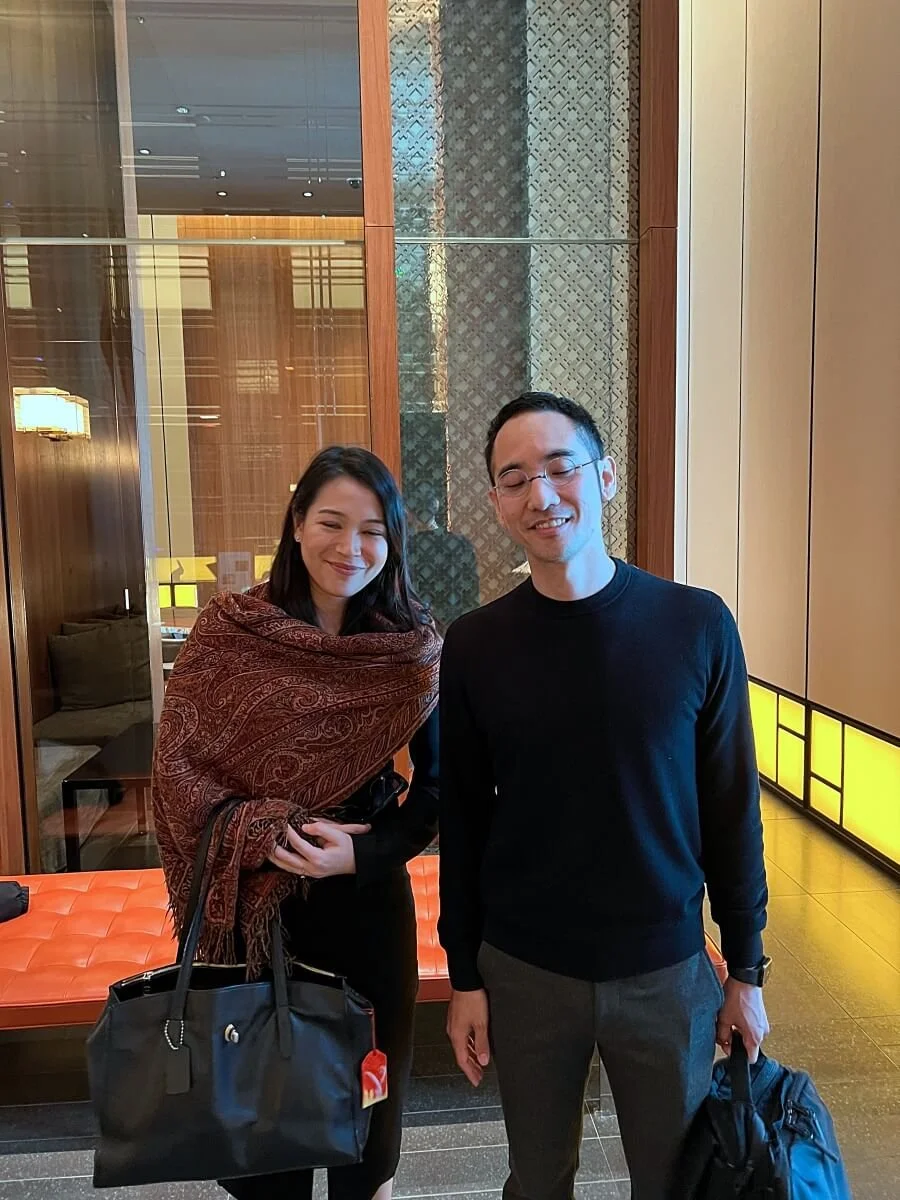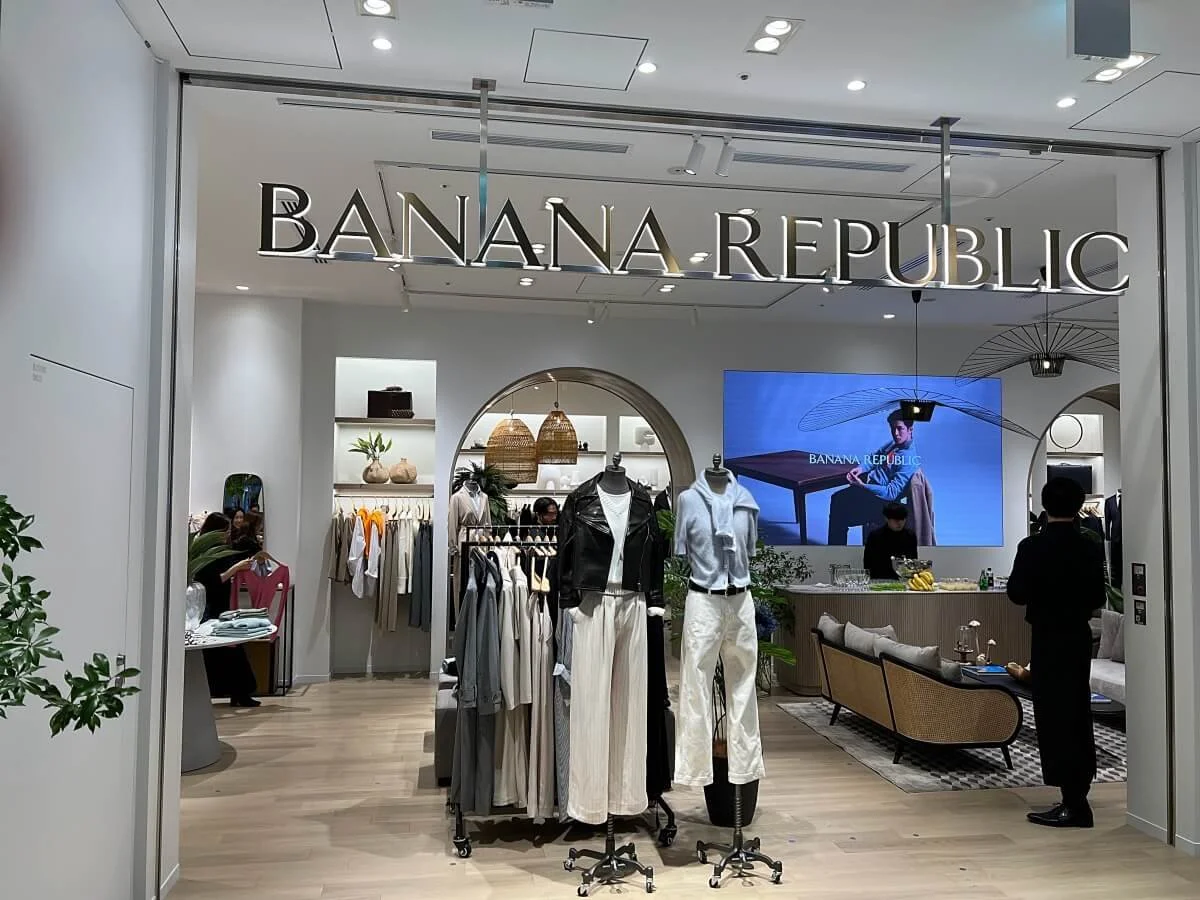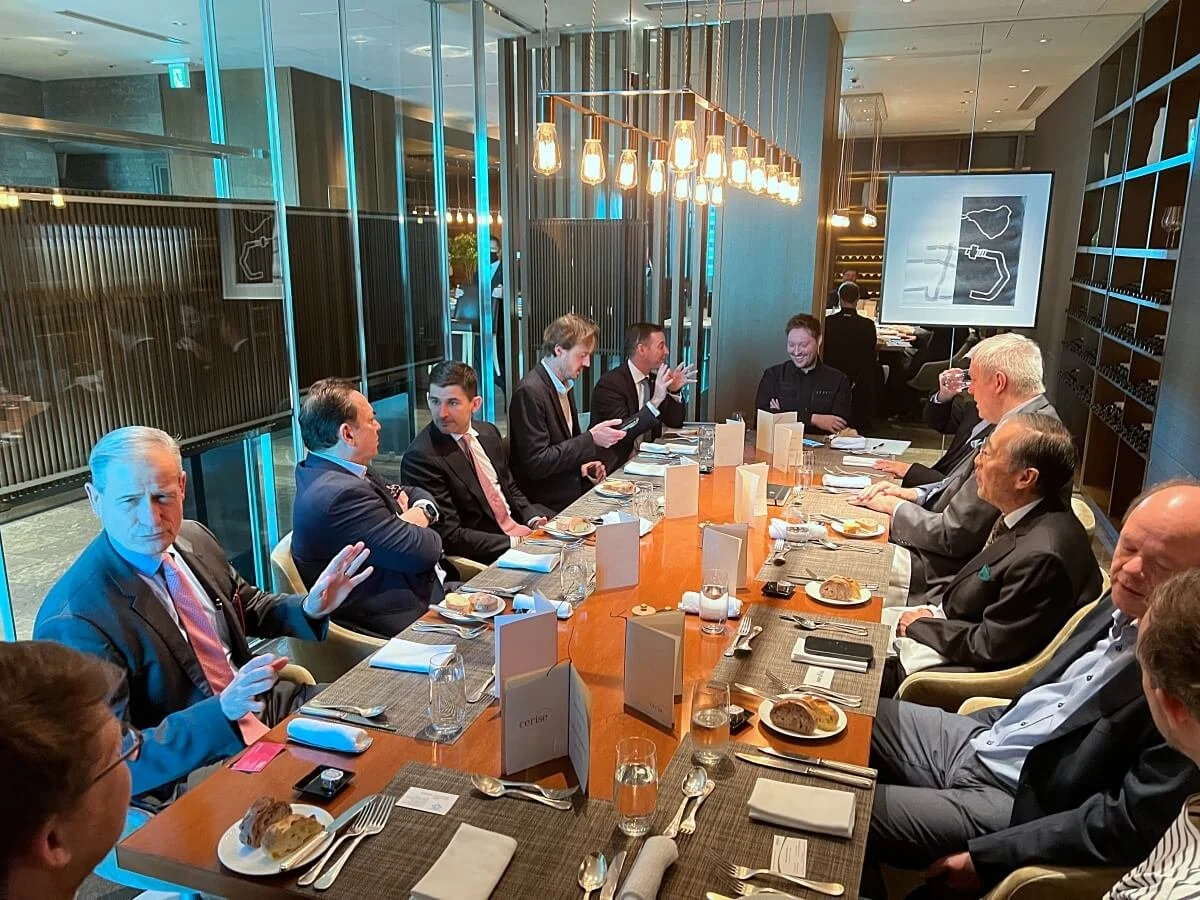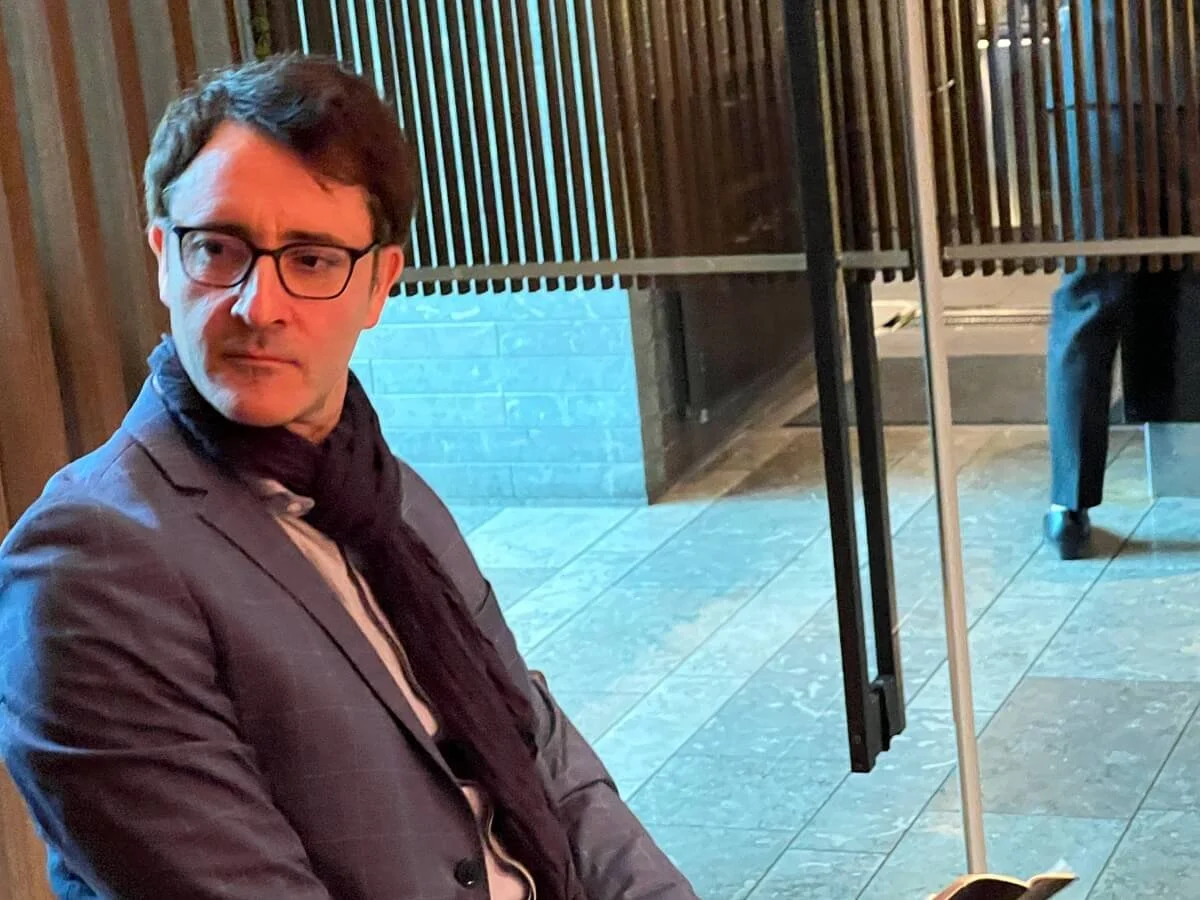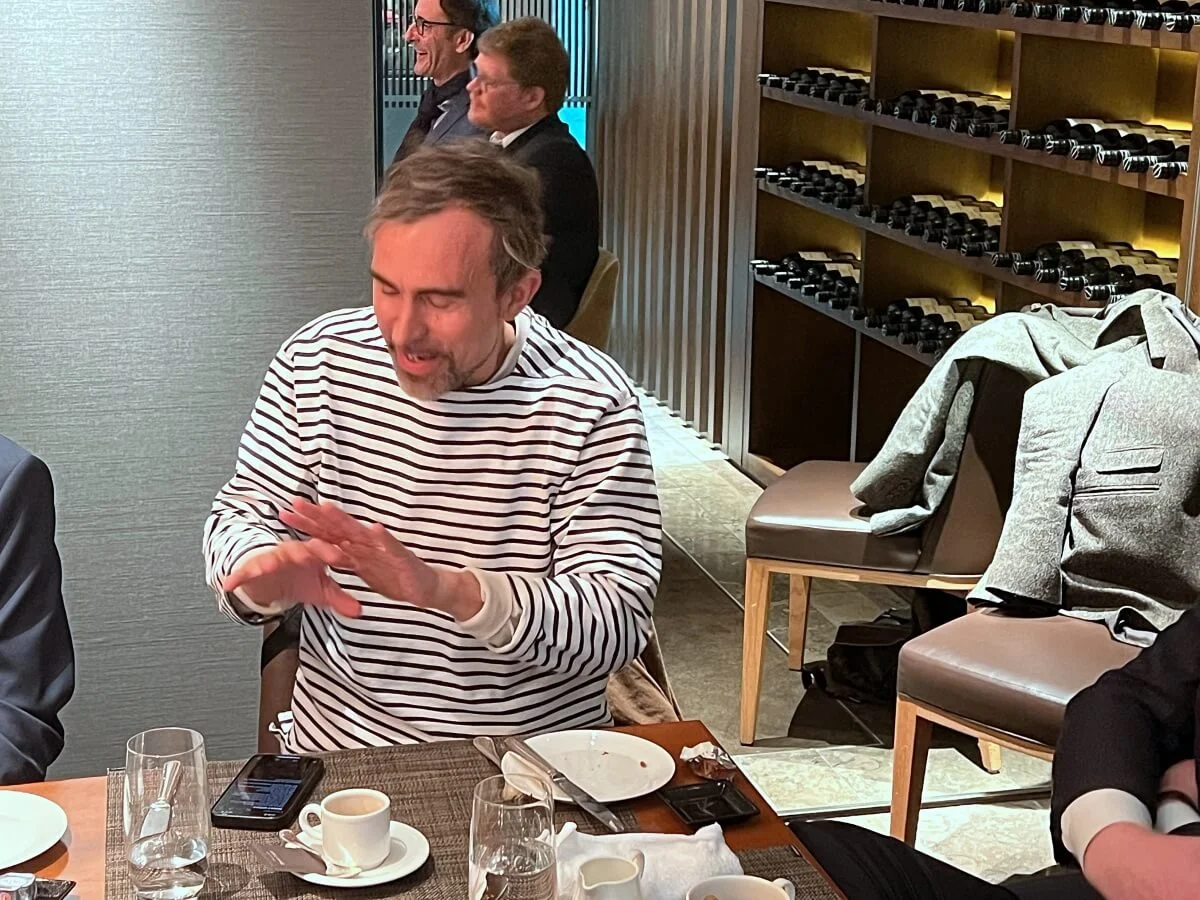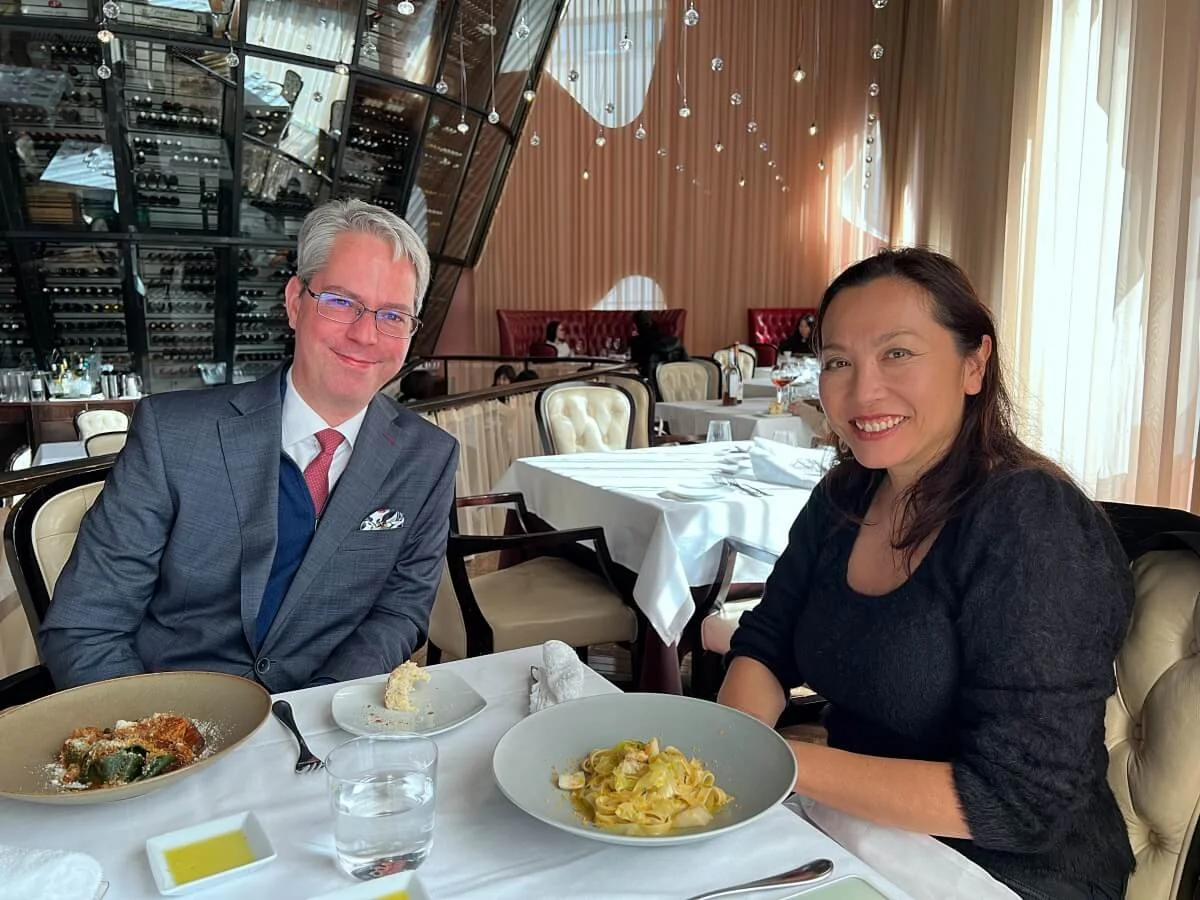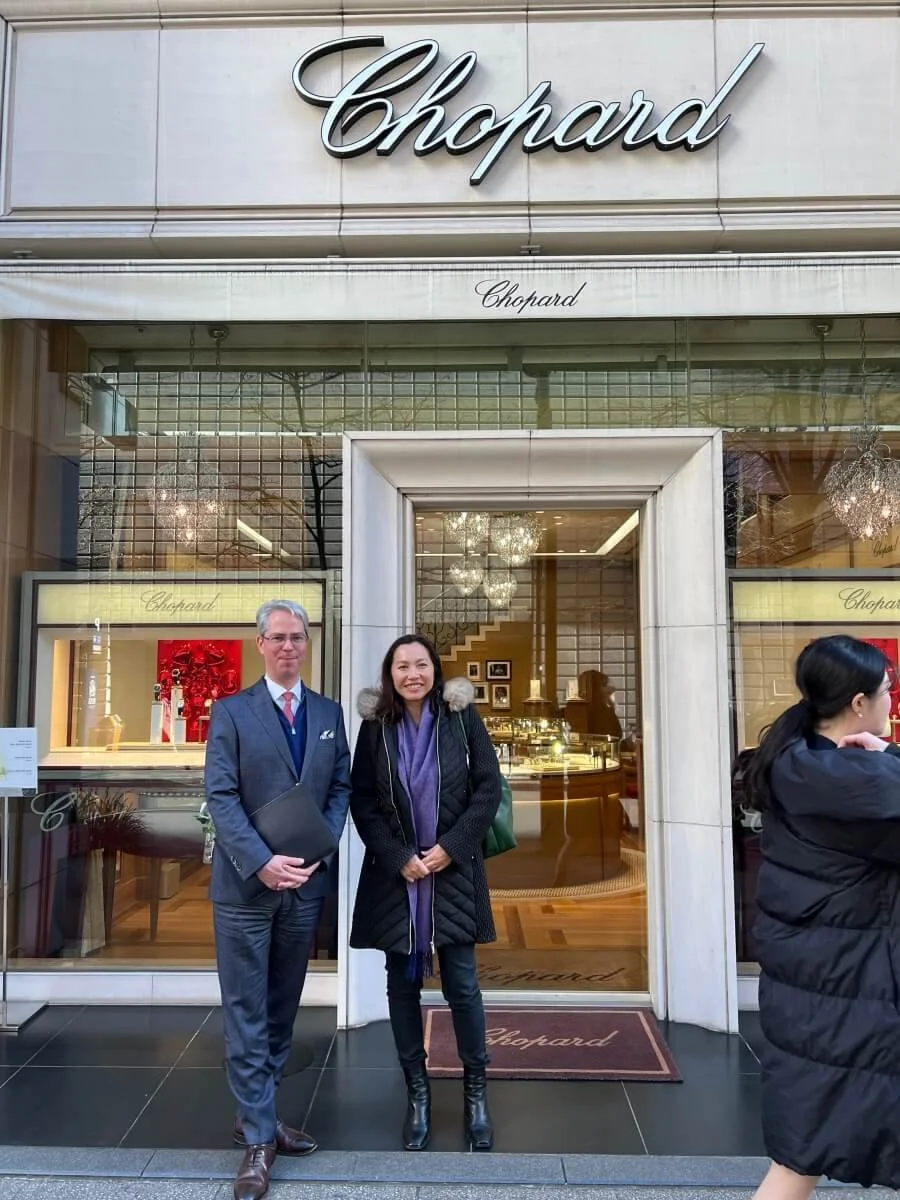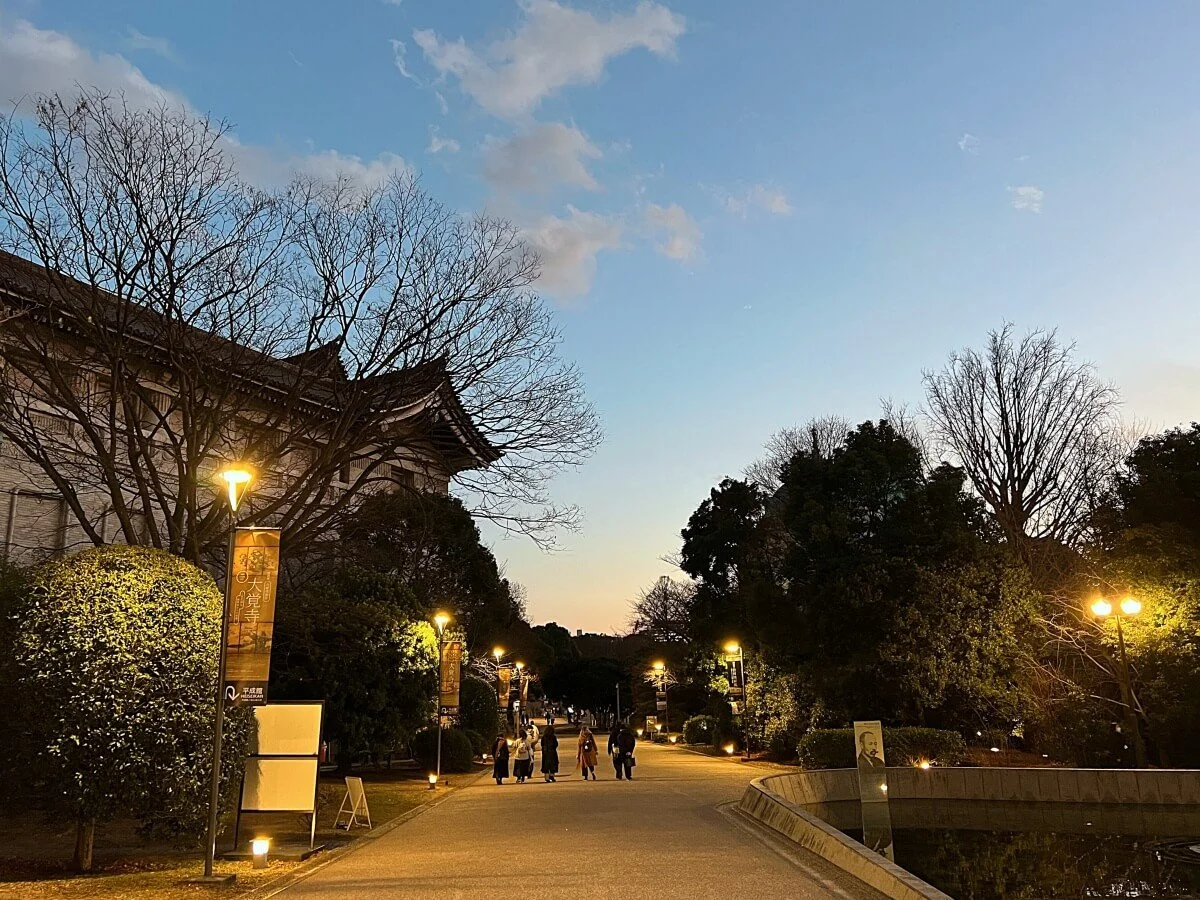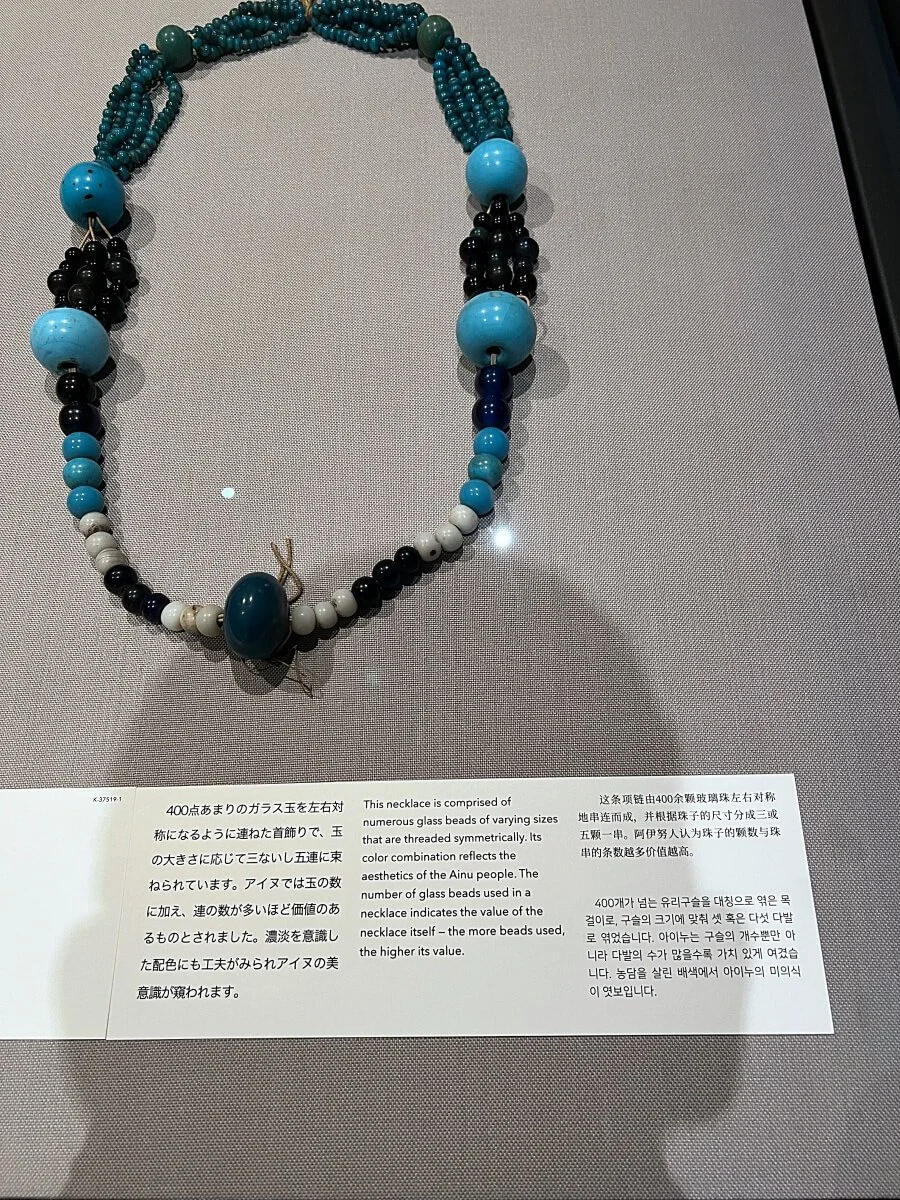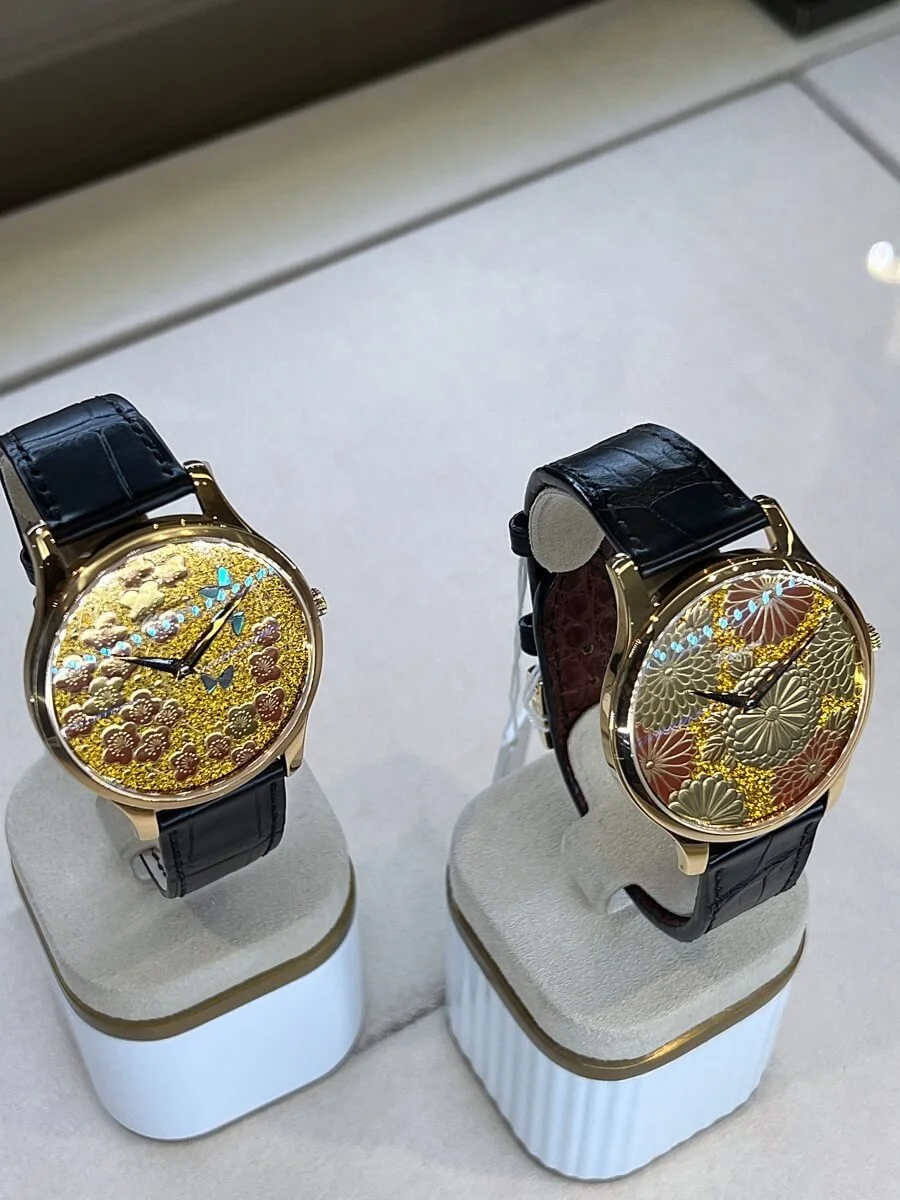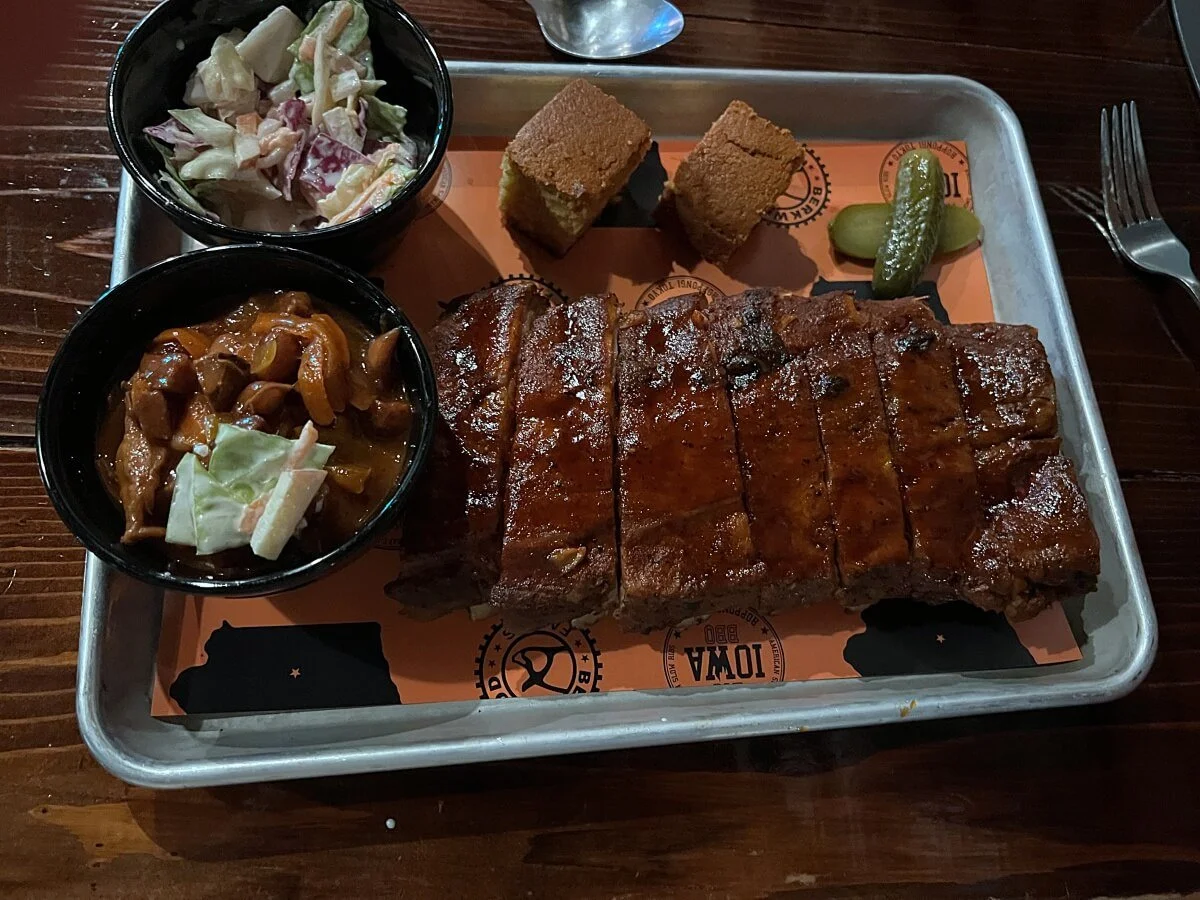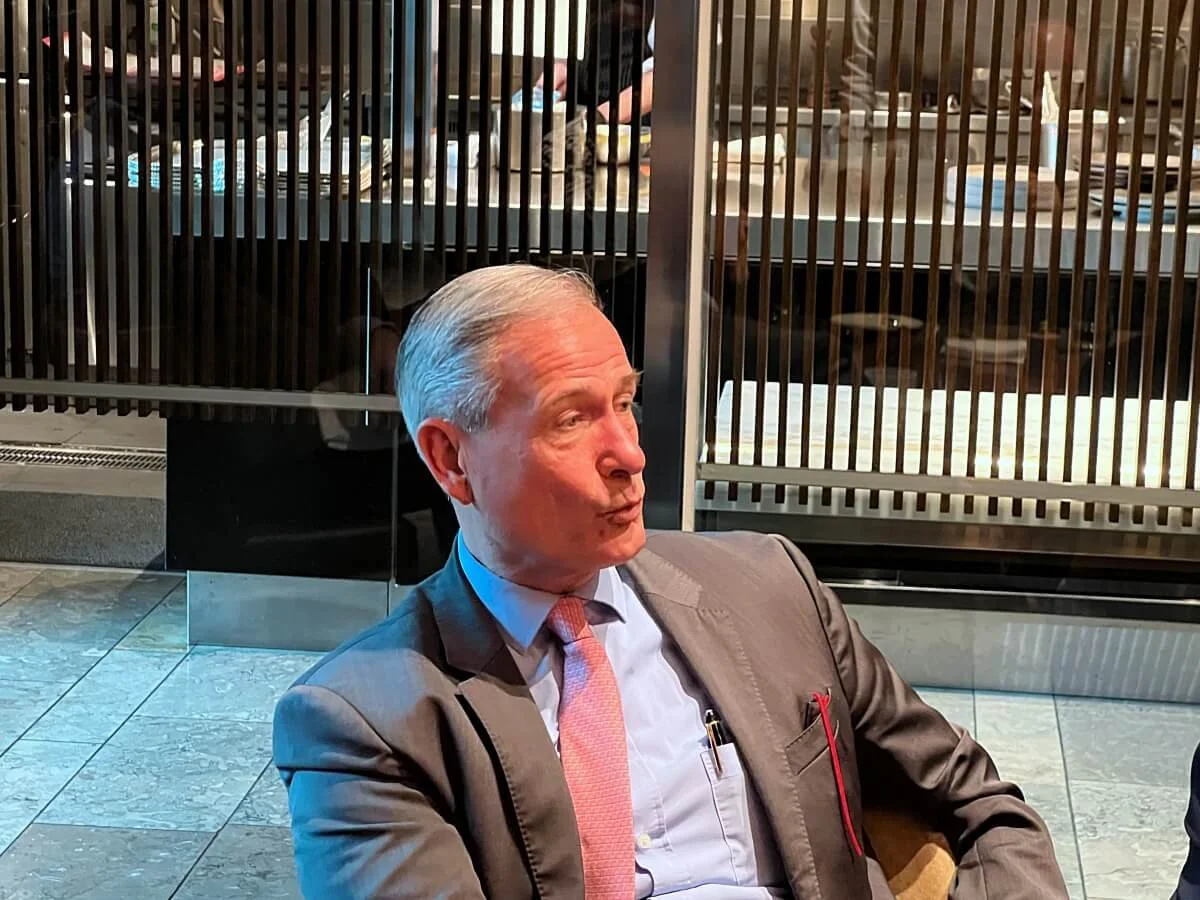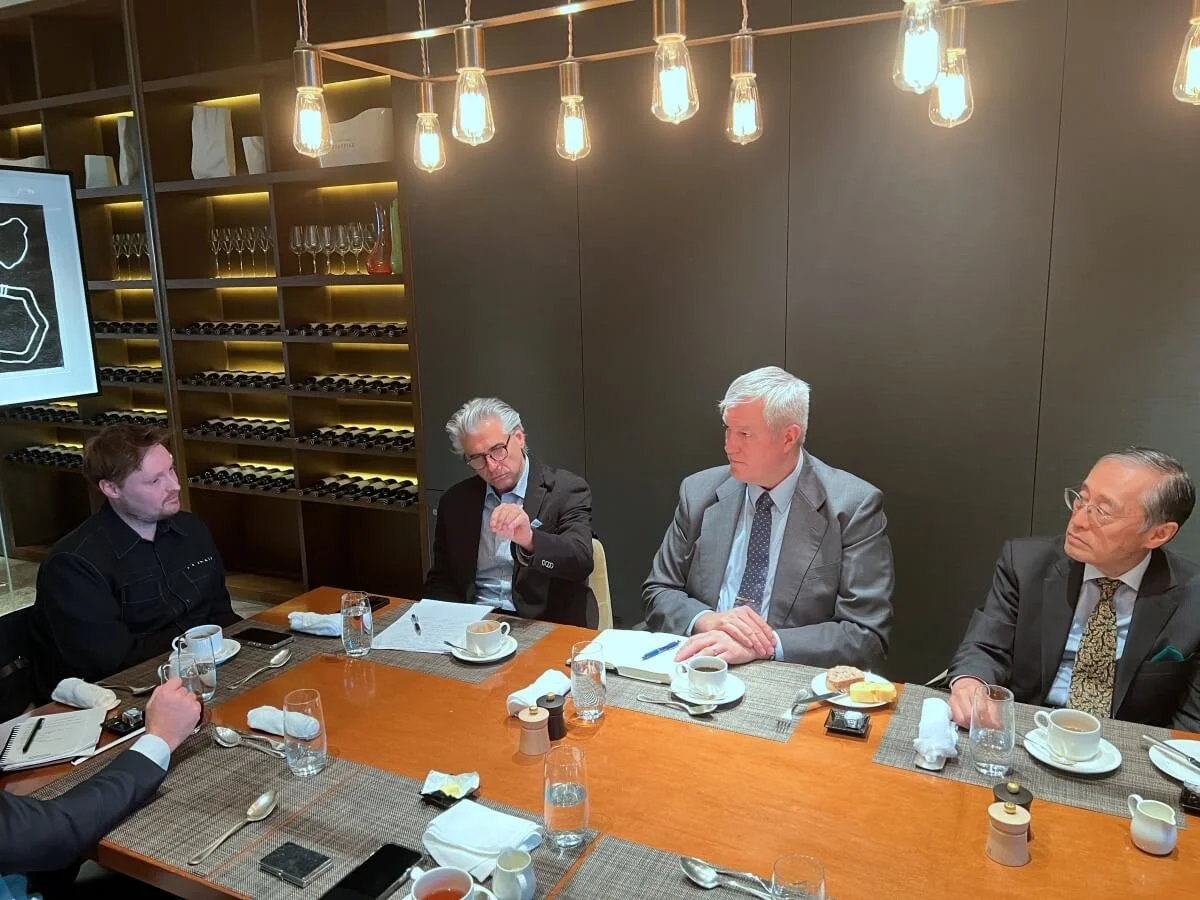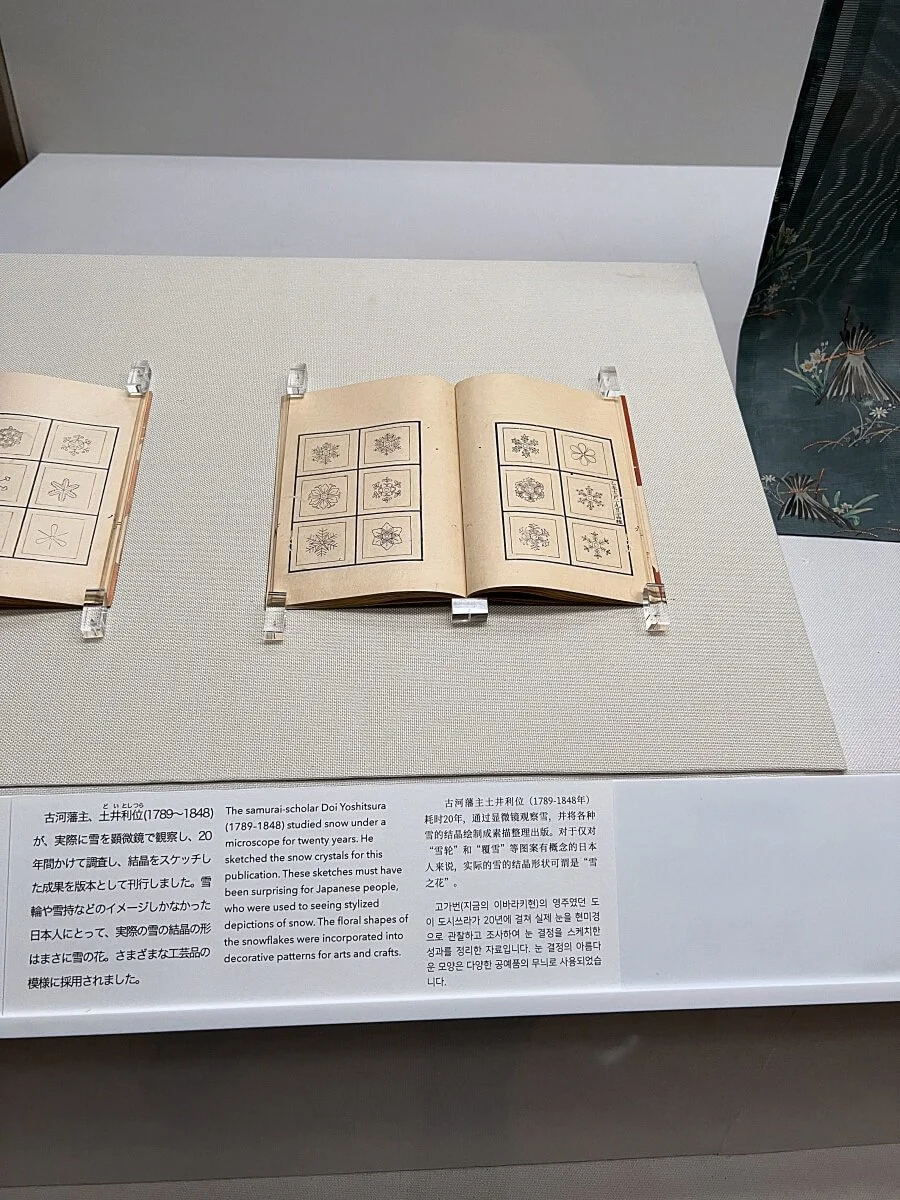The Delphi Roar: February 9, 2025
Dear Members & Advisers,
As the UK and the EU fail to shake off their legacy political and economic modes, the US seems to be going through some sort of revolution or “coup”, as some call it. I guess it’s too early to tell. But it seems to me Trump is far more popular this time round. I see lots of posts on Linkedin starting “I never thought I would say this, but I like what he’s doing about…!”
This reminds me of a comment by a French AI enthusiast who emphasized that the post-war liberal economic model is exhausted, and that people are keen for deep change - in some ways, so desperate that they will “jump off a cliff” into the unknown.
I think non-Americans often sway between disapproval and admiration of the US. The other day, I more strongly felt the former, as I was served up a very large and lukewarm plate of ribs at the IOWA BBQ in Roppongi. The sweet glazed sauce was so strong that I had to wash my hands three times before my hands stopped smelling (since you eat with your hands, as you do many US dishes). Everything in the restaurant seemed to be encouraging you to stuff as much food down you as possible. Finally, the greasy and tasteless Iowa pork cannot be compared to delicious Japanese pork, which is hugely under-appreciated by tourists. They all obsess about wagyu beef.
This is another problem for "rootless cosmopolitans” like myself: having mixed feelings about the values of the most powerful country in the world, but many of whose features you admire or feel compelled to imitate because the model is so successful. Doubtless the Gauls, so many of whom were massacred by Julius Caesar at Alesia and other places, or the Goths wondering whether to fight or ally with Rome, shared my confusion!
On the plus side of US genius, I am enjoying ChatGPT, with whom I found myself chatting like an old friend yesterday. The new function where you can converse with it, while walking around wearing headphones, is amazing. As I walked back from the local bakery, we had an interesting chat about John Falstaff, the tragic character in Shakespeare’s play Henry IV. It made me realize that the fears about the “rise of the robots” were misplaced. ChatGPT has no physical form (yet) but is far more effective at replacing one side of traditional human-to-human interaction. It’s fascinating how technology creates problems such as alienation and loneliness, and then “solves” them with wonderful but simulated interactions, all increasingly un-tethered from the physical world. I think we are not far off a time when our physical bodies have no value whatsoever and just become a burden. We will spend all our time immersed in an online world and be grateful for it, while our bodies hibernate in pods, ageing more slowly, not getting tired or feeling physical pain, or requiring regular feeding and housing. It could be our minds which will be controlled and monetized.
Seen in the Network
Upcoming Events
Moving the Needle Offsite
CEOs and Country Managers will gather in Kamakura for a thought-provoking dinner and discussion.
February 2025 Cocktails
Join us for our monthly cocktail party at the luxurious Andaz Hotel Toranomon Hills!
Heard in the Network
“I am a CEO, and I am often asked if I am very busy. Everyone expects me to be busy. In fact, I am not. However, I am highly stressed. I am stressed because I spend a lot of time thinking about high-stakes decisions and then dealing with the consequences. So I am not busy but highly stressed. It’s an interesting combination, but the right one for a leader, I think. Leaders need to look to the future and keep their minds uncluttered with routine”
“The recent Chinese tourist to Japan is a different breed. He or she has the shaven head, poor grooming, and cheap clothes of the provincial resident, as well as the habit of eating their own food in Tokyo coffee shops! The cool, rich Chinese seem to have come and gone. It makes me sad to think that Japan used to be a destination for the rich, curious and sophisticated”
“Certain countries just seem unhappy. Cambodia, Ireland, and Germany all seem to lack joy due to their historical trauma. I recently decided Japan falls into the same category. Strangely, France, which also suffered a lot of historical trauma, escapes this!”
“When discussing the Japanese start-up market, you need to distinguish between the venture capitalists and the entrepreneurs. Many entrepreneurs love Japan. It’s safe, lawyers are cheap, salaries are low, the pace is slow but predictable, people are civilized, and you get paid for your work. But foreign venture capitalists are in a rush, and for that reason, they hate Japan. Japan will not be hurried.”
“As a business coach, I find that, in the end, to really change a person requires far more than the coaching industry is prepared to provide or the client is prepared to accept. I end up providing a lot of “tactical” tips to help whatever crisis my client is going through. That’s definitely helpful, but I feel I could do so much more. When you talk to people for two hours a week, you get to see all the many different ways they are sabotaging themselves—drinking too much, cheating on their wives, working too hard, being too anxious and stressed, being too deferential to HQ, being too suspicious of their local team, being too worried about not meeting their targets, being lonely”
“Believe it or not, we are finally introducing digital CRM to our shops and will be rolling out Salesforce soon. Until now, it has all been manual. I am really hoping this will finally help me understand what my staff do all day, given how few customers we get walking into our stores!”
“The Japanese are good clients when you finally get them. They do not have a ‘zero-sum’ attitude to business—on the contrary. But getting accepted to the extent that you are making money can take 20 years!”
“We all like charming extroverts, and they are often great to work with. But I always balance this type with the less glamorous type who prefers to deal with things rather than people. They are equally essential.”
“When I came to Japan, everyone was forecasting the imminent death of the luxury department store. Actually, they are thriving. Foreign visitors love them.”
“My company was obsessed with selling to the wholesaler, and that is all we measured. We completely failed to measure what the wholesaler was doing with the stock we were forcing down his throat! Now, we are a lot smarter about keeping track of what the end consumer is doing.”
“Negotiating with Japanese is delicate—they take everything so personally! Sometimes, for the benefit of my company, I have to ‘role-play’ as the bully, and this sometimes offends. But I can’t do business by being nice to everyone all the time.”
“Japan is not an obvious market for foreign small-to-medium companies. You need large resources to succeed in Japan. The interesting exception is for foreign founders or owners of SMEs who appreciate Japan’s social values. They might then be happy to wait a long time before making any money.”
“Tokyo is a two-dimensional city compared to European cities. The third dimension, the past, is absent.”
“America’s contribution to global soft skills in business, I think, is the importance of being likable. I just meet so many likable American businesspeople! Lots of other countries fail to recognize this as an important factor in business, including the Japanese.”
“Hostesses in hostess bars are actually fashion leaders. Rich men buy their mistresses eye-wateringly expensive presents, and we luxury providers need to keep an eye on what trends those women are setting. For example, they were the first group to popularize female sports watches several years ago. I am quite curious about host bars as well, and what the women clients buy their hosts! That might be an interesting channel to explore the next trend.”
“My strategy with tourists is to ignore them completely. Ultimately, they are out of my control. What I can control is the quality and service to my Japanese customers.”
“Swiss quality is exceptional. But even as a Swiss, I have to admit that Japanese quality is better!”
“The country manager’s or CEO’s job is partly difficult because s/he has to always be on the lookout for new things and then educate him/herself about them. That’s the CEO’s job—to experiment cautiously.”
“My client base in China is 35 years old. In Japan, it’s 55 years old. My mission is therefore to find new clients in Japan.”
“Educating or training people about your brand’s technical aspects is overvalued, in my opinion. I find it’s more helpful to constantly remind customers and wholesalers of my existence through personal visits and pop-ups. I always bring a couple of bottles of Champagne and branded biscuits to small groups to which the wholesaler invites his clients.”
“My brand did not invest in marketing in Japan for the seven years before I arrived. That’s an insult to the Japanese consumer.”
“When it comes to international families, I think two cultures are challenging, but it can work. Some families introduce a third culture, but I think this just makes things difficult, and the element of ‘arbitrage’ is overwhelmed by complexity.”
Reflections on Japanese Cultural Aesthetics
What was meant to be a friendly lunch turned slightly sour when my lunch partner tried to take out his PC to talk about his digital venture. I candidly told him I would prefer to enjoy my food and his (non-business) conversation. As we were meeting in Ueno, I thought I would visit the Tokyo National Museum, which is the equivalent of the Louvre or the British Museum. It is vast and stays open until 8 p.m. on Fridays. However, the special exhibitions close at 5:30 p.m., unfortunately, so I missed it… You can easily spend an afternoon here, although its size is quite tiring. I did a Zoom call in the garden and discovered a nice lake and an antique teahouse.
I was interested in how technology has developed in the past: Japan was exposed to new technologies in the 5th century AD through Buddhism, for example, which brought new rituals, new implements, new apparel and new architecture. Technology comes in different forms - it’s not always based on consumption, communication, gaming and porn. Hence, my comment a few weeks ago that the technology we have today needs some adjective to qualify it, such as “Silicon Valley technology”, or the “technology billionaires want us to use to make them even richer” in the long form…
I was also struck by the large and benign influence of China, which rarely threatened Japan, and shared its civilizational riches (script, rice farming, government, etc) with its island neighbour, instead.
I thought it was somehow typically Japanese to create a whole movement out of imperfection (“wabi-sabi”) when the rest of the world sees ugliness and chaos as the “default” position!
Finally, it was interesting to see the long, slow waves of Japanese aesthetics, changing from the courtly elegance copied from China during the Heian period, the austere Warrior ethos of Kamakura, and the “bling, bling” merchant preference of Edo Japan.
It made me thoughtful to think of fierce Japanese warriors sitting around doing the tea ceremony and discussing philosophy in the beauty of a Zen garden, while British aristocrats of the same period would be off killing each other in tournaments, butchering wild animals, stuffing their faces at court banquets, and barely knew how to read or count!

